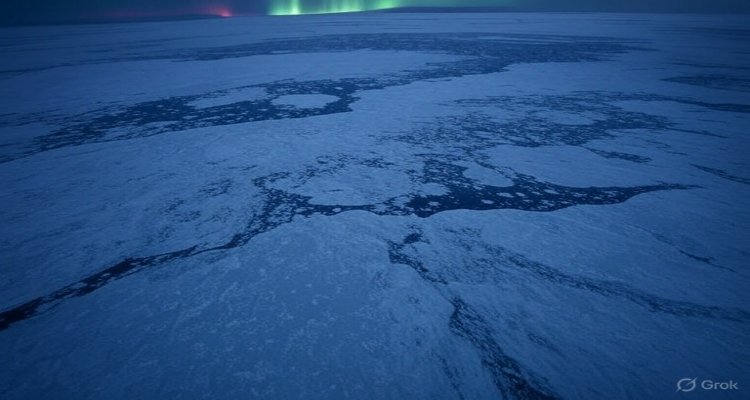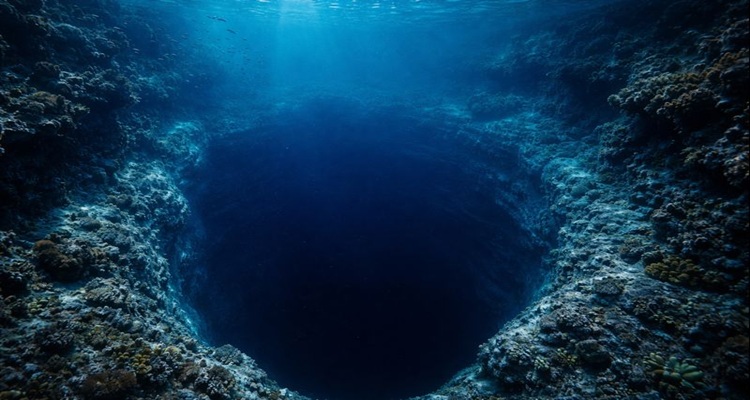Climate at the Crossroads: Science Behind Earth’s Tipping Points

Earth’s climate nears dangerous tipping points. Discover the science, risks, and global stakes behind irreversible climate thresholds.
Introduction
The planet is approaching a precarious moment. From collapsing ice sheets to weakening ocean currents, scientists warn that Earth is nearing “tipping points”—critical thresholds in the climate system that, once crossed, could trigger irreversible changes. These aren’t distant hypotheticals anymore; they are unfolding in real time, reshaping the future of ecosystems, economies, and human life.
Context & Background
For decades, climate science has emphasized the risks of global warming, but recent research goes further: it identifies specific thresholds where small increases in temperature could unleash dramatic and irreversible transformations.
The Amazon rainforest, for example, could shift from lush jungle to dry savanna if deforestation and warming continue. The West Antarctic Ice Sheet risks collapsing, raising global sea levels by meters. Even the Atlantic Meridional Overturning Circulation (AMOC)—the ocean current system that stabilizes global weather—shows signs of slowing, threatening climate balance worldwide.
Unlike gradual warming, tipping points represent abrupt “climate dominoes.” Crossing one can trigger cascading effects, accelerating planetary change beyond human control.
Main Developments
Recent studies published in journals like Nature and Science have mapped out at least nine major tipping points, with some already under pressure:
- Arctic Sea Ice Decline: Summer sea ice has shrunk by 40% since 1979, altering weather patterns across the Northern Hemisphere.
- Greenland & Antarctic Ice Sheets: Melting here could raise sea levels by more than 10 meters over centuries.
- Permafrost Thaw: Locked-in carbon and methane are beginning to escape, creating a feedback loop that accelerates warming.
- Coral Reef Die-Offs: Marine heatwaves are pushing coral ecosystems beyond their survival threshold, impacting fisheries and coastal protection.
The most alarming revelation: some tipping points may be triggered at 1.5°C of warming—the very threshold global leaders pledged to avoid in the Paris Agreement. With global temperatures already about 1.2°C above pre-industrial levels, the margin for safety is razor-thin.
Expert Insight & Public Reaction
Dr. Johan Rockström, co-director of the Potsdam Institute for Climate Impact Research, describes tipping points as “planetary boundaries we cross at our own peril.” He warns that even small overshoots in temperature could “lock us into long-term destabilization of Earth’s life-support systems.”
Public sentiment mirrors this concern. Young activists, indigenous communities, and climate-vulnerable nations argue that tipping points highlight the urgency of immediate action—not gradual transitions. “We are not just fighting climate change,” Greta Thunberg said in a recent forum. “We are fighting to prevent planetary collapse.”
Impact & Implications
If Earth continues on its current path, the crossing of multiple tipping points could reshape human civilization:
- Food Security Risks: Crop failures from altered rainfall patterns and extreme heat.
- Economic Shocks: Trillions lost from damaged infrastructure, displaced communities, and disrupted trade.
- Geopolitical Strain: Climate-driven migration and competition for resources could spark conflict.
- Ecosystem Collapse: From polar bears to plankton, countless species could face extinction.
Yet, tipping points also highlight opportunity. By accelerating renewable energy, restoring forests, and investing in carbon removal, humanity can pull back from the brink. Scientists stress that while some thresholds may be inevitable, many remain preventable if global emissions peak within this decade.
Conclusion
Earth’s climate system is at a crossroads—one that will determine the stability of the planet for centuries. Tipping points are not abstract theories; they are the red lines of survival. Whether humanity chooses to heed these warnings or continue business as usual will define the legacy of this generation.
The science is clear: once a tipping point is crossed, there is no reset button. The question is, will we act before the balance tips too far?
Disclaimer : This article is for informational purposes only. It is based on current scientific research and expert insights but should not replace professional environmental policy or scientific guidance.










